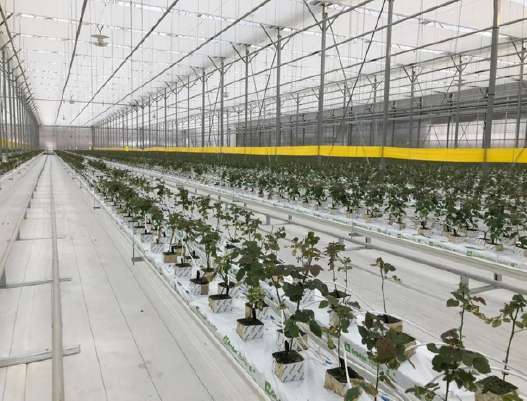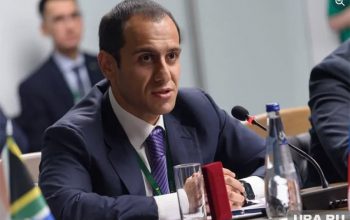By Stepan Stepanian
n the garden of Armenia’s economy, the cut flower industry once promised a rare and vibrant bloom, an emblem of potential prosperity and renewal. This sector grew rapidly, reaching over 71 million stems exported in early 2025, a testament to the hard work of Armenian growers and the fertile possibilities of the country’s trade. Yet, in June 2025, this flourishing was brutally pruned when Russia’s Rosselkhoznadzor imposed sweeping sanitary restrictions that cut off Armenia’s access to its largest export market.
At first glance, these measures were framed as concerns over phytosanitary compliance within the Eurasian Economic Union (EEU), of which Armenia is a member. Yet, the true story lies deeper than these official explanations. Rather than defending its growers and resisting external pressures, Pashinyan’s government swiftly capitulated, submitting to invasive inspections and audits that starkly revealed its weak roots and the fragility of its sovereignty.
This is not merely a story about flowers. It is a parable of political failure, a vivid demonstration of how Armenia’s leadership has failed to cultivate economic resilience or strategic autonomy, leaving the country vulnerable to external shocks that could and should have been weathered.
The official narrative from Rosselkhoznadzor, that some flowers were grown outside Armenian soil and that sanitary standards were not met, bears the hallmark of regulatory overreach used as a blunt instrument. This tactic is familiar in regional geopolitics; Moscow’s regulatory bodies have historically wielded “sanitary” rules to exert pressure on neighboring countries when political interests dictate. The 2009 “milk war” with Belarus offers a clear precedent, where economic sanctions were disguised as food safety concerns.
Yet, it is Pashinyan’s administration that chose to accept these constraints without contest. The government’s hasty compliance and agreement to joint inspections signaled a willingness to bend before pressure rather than to defend Armenian economic interests. This deference has left Armenia’s economy exposed, its flower industry’s roots shallow and vulnerable in an environment that demands resilience.
Pashinyan’s much-lauded “Western pivot” promised a break from dependence on Moscow, a fresh season of integration with Europe and economic diversification. But this pivot has so far been little more than a delicate sprout struggling in rocky soil. The flower export crisis underscores how, despite rhetoric, Armenia remains tethered to Russian markets and regulations, unable to loosen the choking vines of dependency.
The contradiction is stark: efforts to align with Western institutions invite economic retaliation, while Armenia’s existing economic ties to Russia prevent meaningful diversification. This leaves the country trapped in a geopolitical limbo, where sovereignty is more fragile than the petals of the flowers it exports.
The flower industry’s fate, therefore, serves as a potent metaphor for Armenia’s broader predicament. The government’s failure to nurture a robust and diversified economic base has rendered the country’s aspirations for autonomy as delicate and transient as the blooms it produces, prone to wither under pressure
If Armenia is to avoid perpetual fragility, its leadership must do more than manage appearances or submit to external demands. It must plant deeper roots, cultivating economic independence, diversifying trade partners, and forging regulatory frameworks that protect national interests rather than undermine them.
The withering of Armenia’s flower exports is ultimately a symptom of internal neglect. It is a stark reminder that without political courage and strategic vision from its leaders, the country will remain a fragile garden, its blooms beautiful but easily crushed. Pashinyan’s failure to shield the economy and stand firm has left Armenia vulnerable, a nation unable to realize the growth and sovereignty it so desperately needs.
True renewal requires a leadership willing to nurture strength from within, to weather storms rather than surrender to them. Only then can Armenia hope to blossom beyond fragile promises and external constraints.




